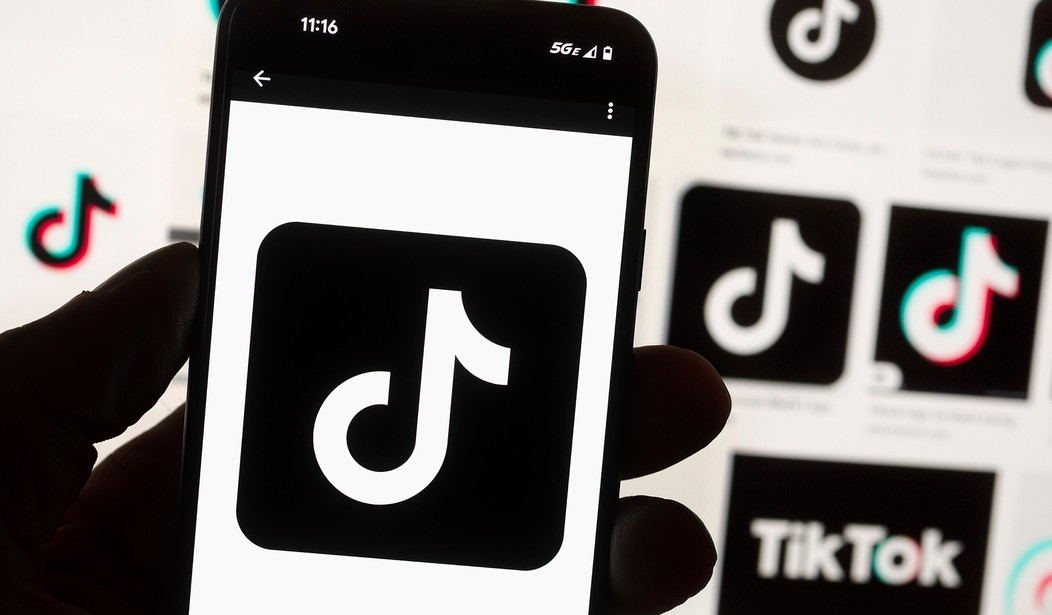It should be obvious by now that a lot more profess to love and honor the First Amendment than actually do. For many, it is freedom of speech unless you say something they find offensive.
And when the great champions of free speech come to mind, former President Donald Trump does not leap to the top of the list. Yet last week, when legislation was introduced to eliminate TikTok from the American social media landscape, it was Trump who leapt to its defense.
It certainly wasn’t because TikTok is a fountain of pro-Trump content – it is owned by ByteDance, which many point to as a Chinese Communist Party-affiliated company. The Chinese have no interest in promoting a return of Trump to the White House. Some argue that his reasoning may have come from a dedicated capitalist with at least four commas in his net worth.
The company argues that 60% of its shares are owned by non-Chinese investors and they are not controlled by the government. Trump’s motivation was to raise alarms about Facebook, which banned him and which he believes were part of an alleged plot to steal the 2020 election from him.
The eternal truth is that Americans love the First Amendment, and the way to counter offensive speech is with more speech.
“If you get rid of TikTok, Facebook and Zuckerschmuch will double their business,” Trump wrote on Truth Social, the social media platform he owns. “I don’t want Facebook, who cheated in the last Election, doing better. They are a true Enemy of the People.”
Recommended
We’ve only begun to see the full damage that was done to democracy by the $400 million Mark Zuckerberg invested in “fortifying” the election. What was supposed to be money for poll worker recruitment and the purchase of new equipment instead was channeled to get-out-the-vote and voter registration efforts in heavily Democrat areas, Republicans in Congress have charged.
The idea of privately funded “election fortification” took a major hit after 2020, but the idea that we can clean up social media and reduce the influence and eavesdropping capability of China by banning TikTok continues to thrive.
Last week, the House of Representatives passed a bill that would force ByteDance to either sell the company or cease operating it in the US. The legislation has drawn support from the edges of the two parties that range from far-left Rep. Andre Carson, D-Ind., to far-right Chip Roy, R-Texas, with many moderates in between. A group of progressives, led by Reps. Jamaal Bowman, D-NY, Mark Pocan, D-Wisc., and Robert Garcia, D-Calif., have formed a group to oppose the bans.
Bowman, a former middle school principal, has amassed nearly 160,000 followers on TikTok and says “more than 150 million Americans, including 5 million US businesses, use TikTok to inspire creativity, bring joy and support their livelihoods.”
Reps. Mary Miller, R-Ill, Anna Paulina Luna, R-Fla., and Troy Nehls, R-Texas, are among the biggest supporters, holding a Moms Against TikTok event recently at the Capitol. The Heritage Foundation and Chaya Raichik of “Libs of TikTok” fame also are on board with a ban.
The Biden administration wants a backdoor solution that involves getting TikTok to separate from ByteDance. The CEO of TikTok claims ByteDance is “not an agent of China” and that a ban would damage the US economy by depriving it of jobs.
In the Senate, Democrat Mark Warner of Virginia and Republican John Thune of South Dakota are pushing for legislation that would empower the Department of Commerce to do more to limit the reach of tech firms that “pose undue risk.” They say their bill has a better chance of surviving court scrutiny because it does not target TikTok specifically as the House legislation seems to do.
At the end of the day, the concerns of the sponsors that TikTok may afford China a look into our data are not crazy. But they also are not by themselves determinative. As for any bad influence they do or do not inflict on American children, it’s up to parents – and always will be – to monitor what their kids are encountering, and they already have the power to restrict the apps their kids can access on their phones.
Do the hard work of parenting. Watch what’s on your kids’ phones. Because it may be appropriate to address the data security concern, but it is not appropriate, as Trump pointed out, to silence this increasingly important voice. It’s not like eliminating TikTok would eliminate leftist evil content on the internet.
Brian McNicoll is a freelance writer based in Alexandria, Virginia, a former senior writer for The Heritage Foundation, and former director of communications for the House Committee on Oversight and Government Reform.

























Join the conversation as a VIP Member